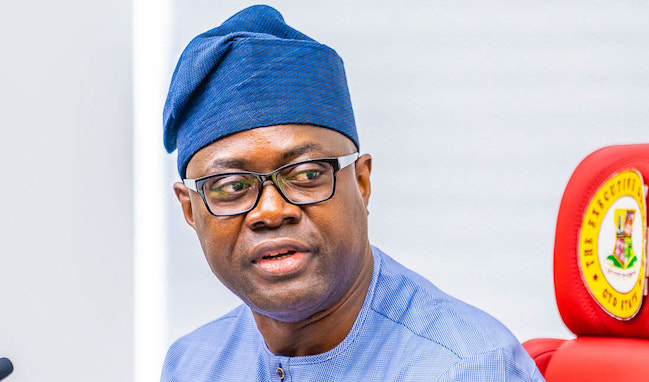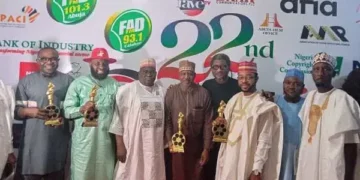Oyo State commissioner for trade, investment, industry, and cooperative Ademola Ojo has reiterated commitment of the Seyi Makinde-led administration to strategic partnership and collaboration towards economic growth.
The commissioner said part of such deliberate efforts included the current collaboration with traders associations, market leader council and other critical stakeholders in the ongoing traders and artisans’ data capturing for proper economic planning and development.
Ojo who stated this at a one-day symposium organised by the Department of Marketing and Consumers Studies, Faculty of Economics and Management Sciences, University of Ibadan, called for more synergistic partnership with the premier university.
The event tagged, “Theory and Practice: Sustainable Marketing Strategy for MSMEs in a Turbulent Business Environment” had key stakeholders from both the academic and business environments in attendance.
The commissioner, who presented a paper titled: “Flexibility, Residence, and Long-term Viability as Viable Nuggets for Sustainable Marketing Strategies for Small Scale Industries in Turbulent Environments”, maintained that Makinde’s problem-solving approach to the prevailing economic challenges had started yielding results.
He said the state government would not rest on its oasis but consolidate on the gains of the current achievement in micro economic development via a series of deliberate measures that’s already surging the state’s economy back to light.
While commending the organiser of the event for its timeliness, the commissioner urged the department and the event organisers to align his submission for a more robust and holistic solution to the prevailing economic downturn plaguing small scale industries.
Speaking with journalists after his presentation Ojo said: “As a government we have embarked on some very strategic moves towards addressing issues of this discussion and I can assure you that Governor Seyi Makinde’s problem solving approach is already yielding the desired results.
“We’re also capturing data of traders and artisans across all the geopolitical zones of the state from the informal sector to the formal sector in order to open up more access and opportunities for them to be able to move from survival level to development level,’’ he said.





